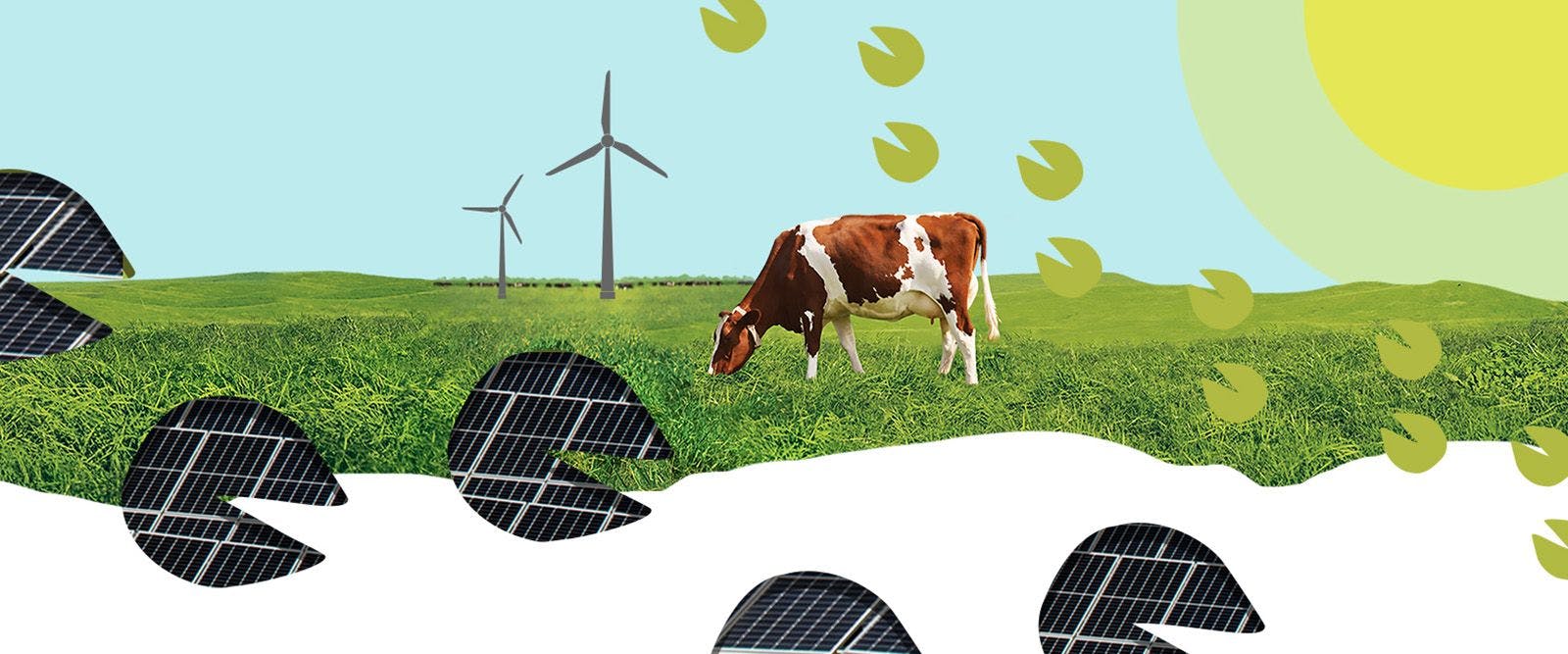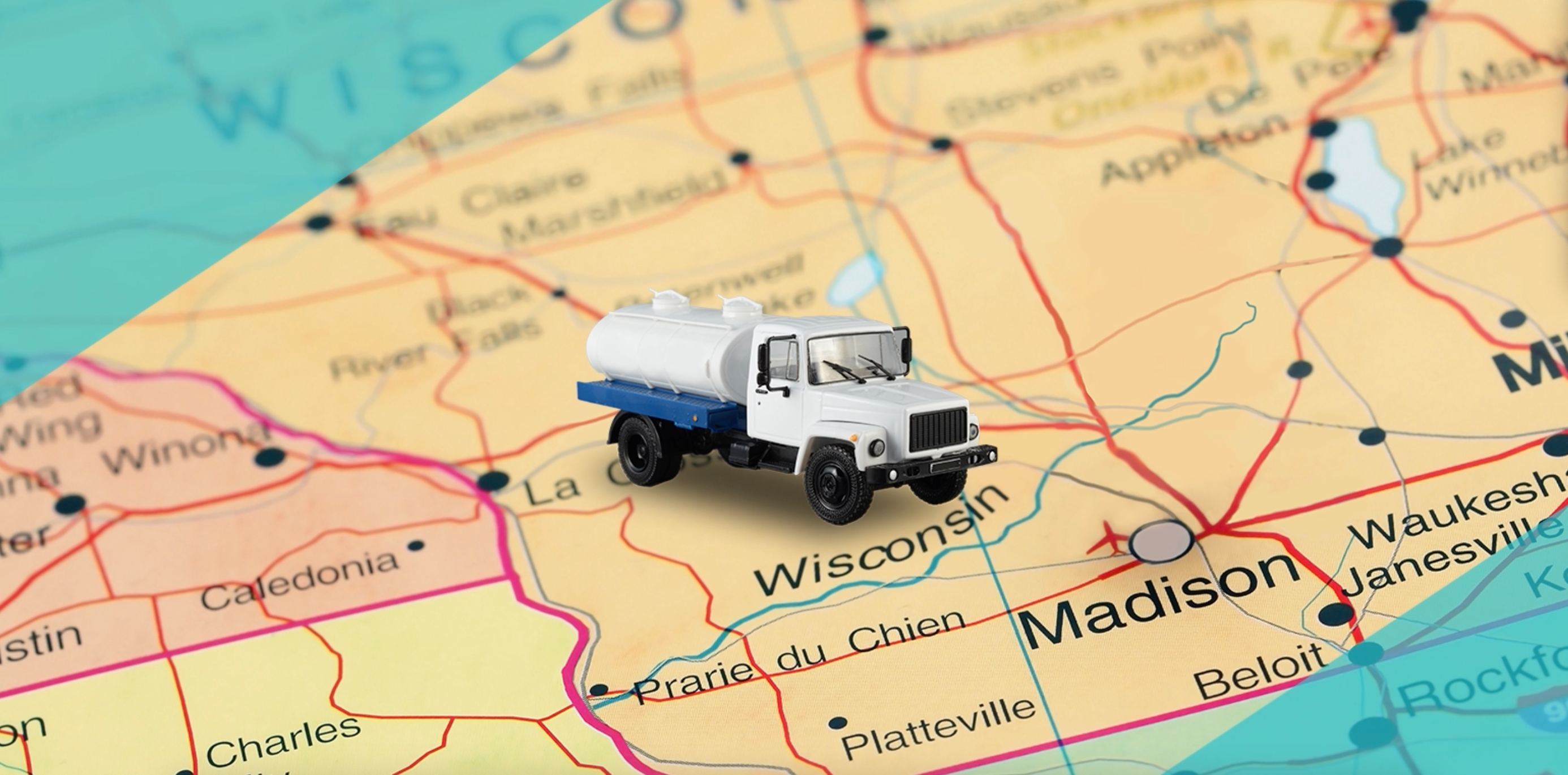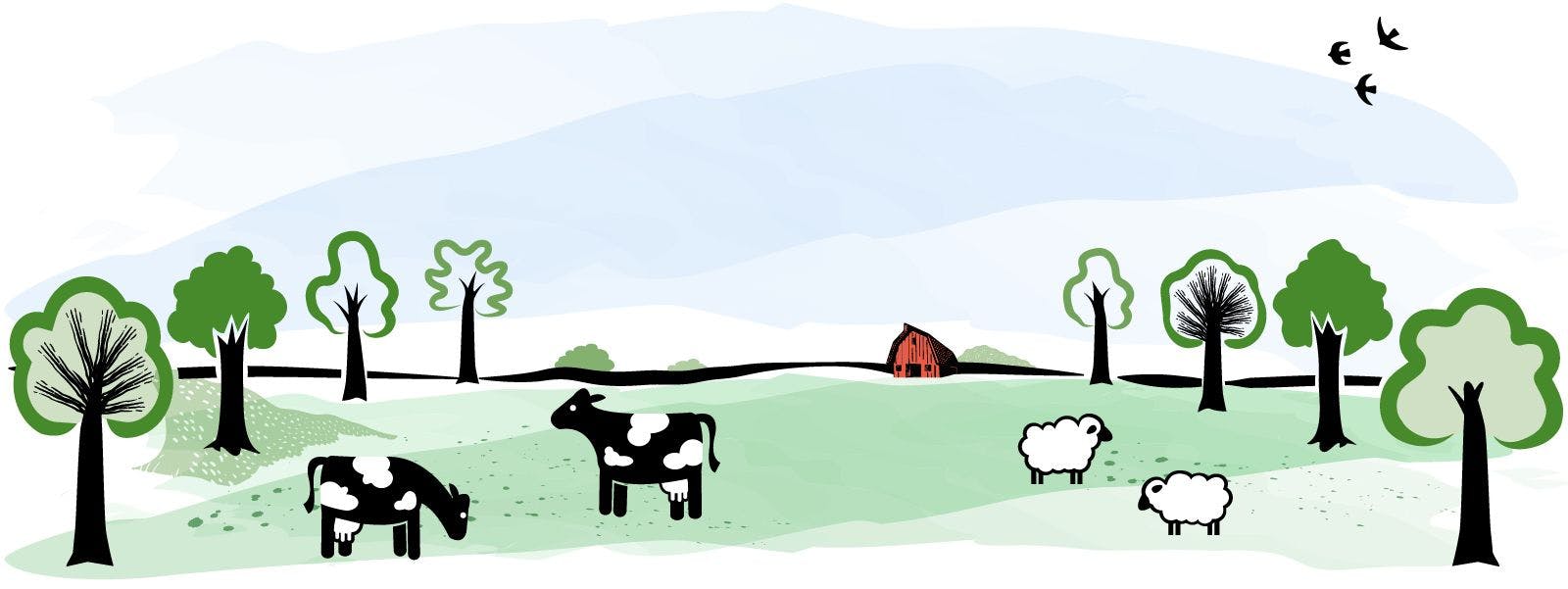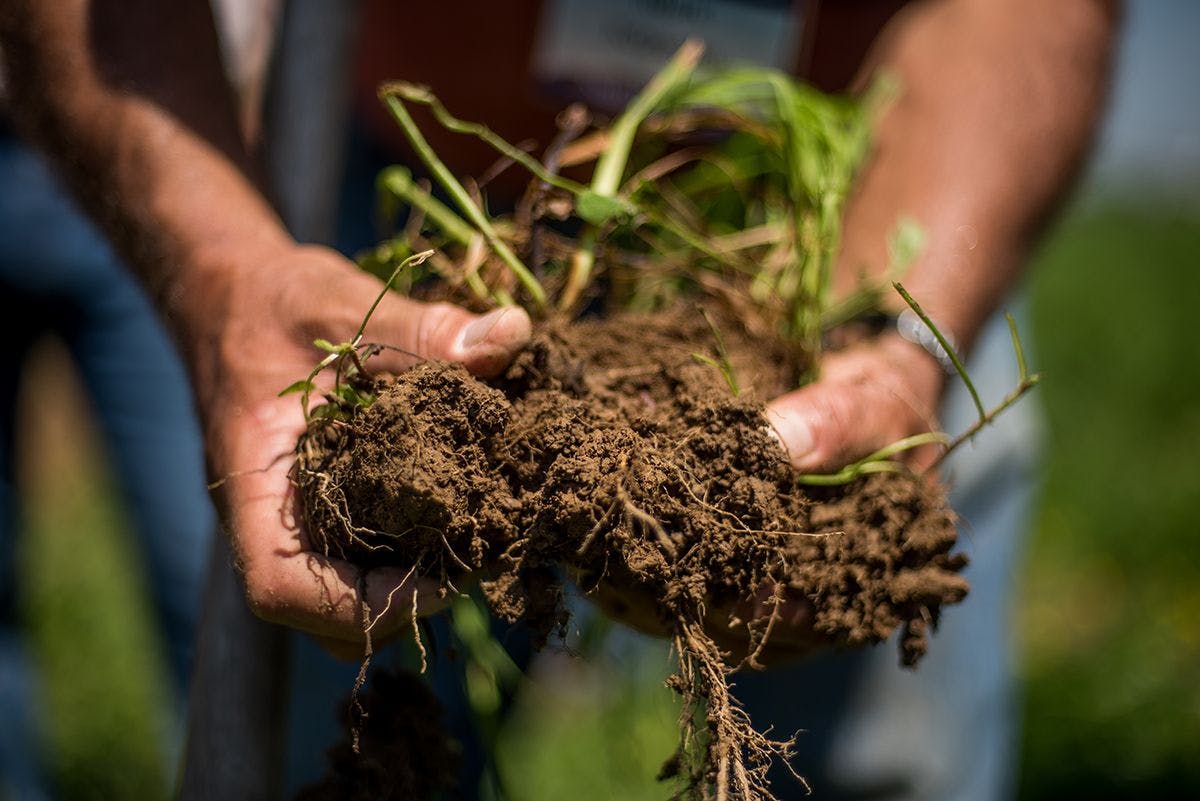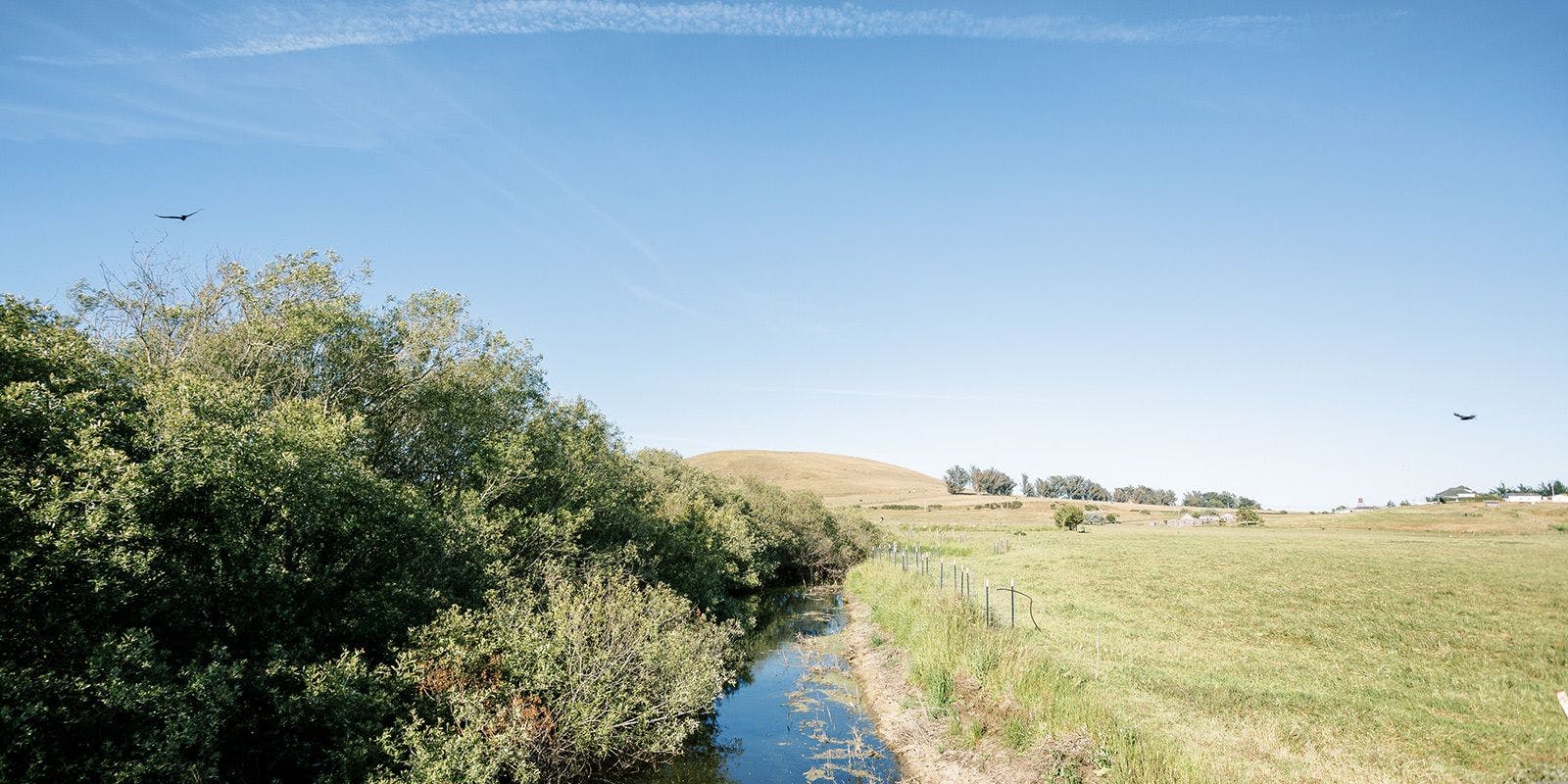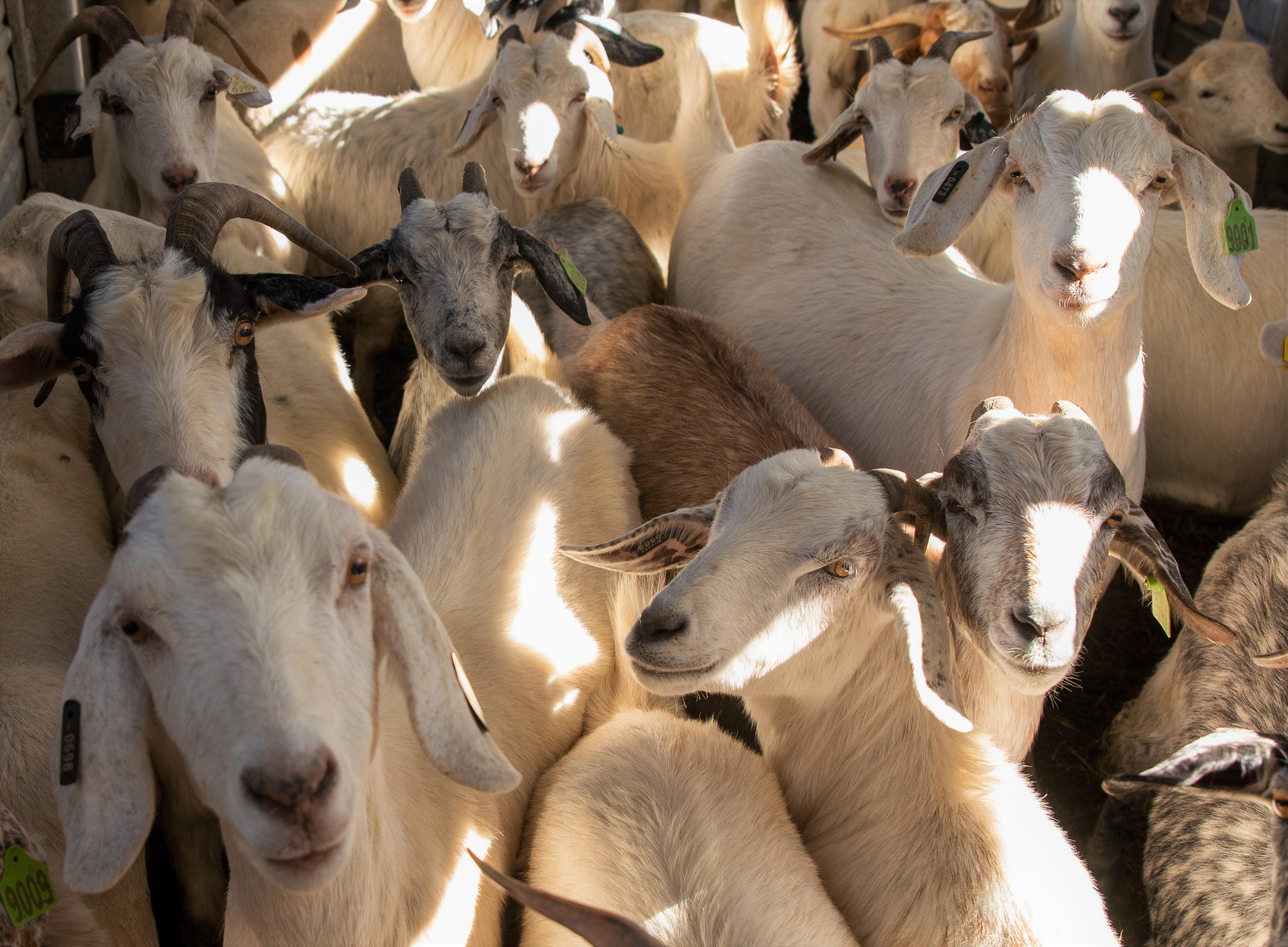
Earth
Major Benefits of Having Goats
About 65 goats are getting what seems like an unlimited salad bar of garlic mustard, multiflora rose, buckthorn, and broadleaf weeds around Organic Valley’s office building near Cashton, Wisconsin. Not only are these four-legged visitors filling their bellies, they are also making employees smile and helping Mother Earth in the process.
The goats are a major benefit to the landscape, which is in need of rehabilitation.
Ben Robel of Boaz, Wisconsin, dropped off the goats and a handful of sheep on Monday, Oct. 25. They spend about 20 days eating all the unwanted vegetation they can (which is a lot!) in an effort to bring a prairie back to life and create an oak savanna. Robel owns and operates Vegetation Solutions, a company that focuses on land management through the use of controlled grazing.
“It’s an all-natural method of vegetation management,” he said.
When the goats jumped off Robel’s trailer on that sunny afternoon they were raring to go. Paying no attention to people gathered to welcome them, the goats ran around hurriedly looking for the tastiest treats—which were everywhere!
Bringing in goats is a great fit for Organic Valley as it’s a way to acquire a natural landscape without the use of chemicals. A team erected fences to keep the frisky goats in as they munch off brush and weeds without disturbing the grass and soil.
“It’s the most organic way you can control invasive species and it’s a way to work with nature, not against it,” said Jason Skoda, Organic Valley facilities services supervisor. It is an organic approach to managing invasive plants and it is safer than chemicals that can impact the soil, birds, and mammals that call that area home.
“Landscape always needs disturbances, be it fire or grazing. It’s a natural system and this is a way to do it like they did back in the day,” Robel said.
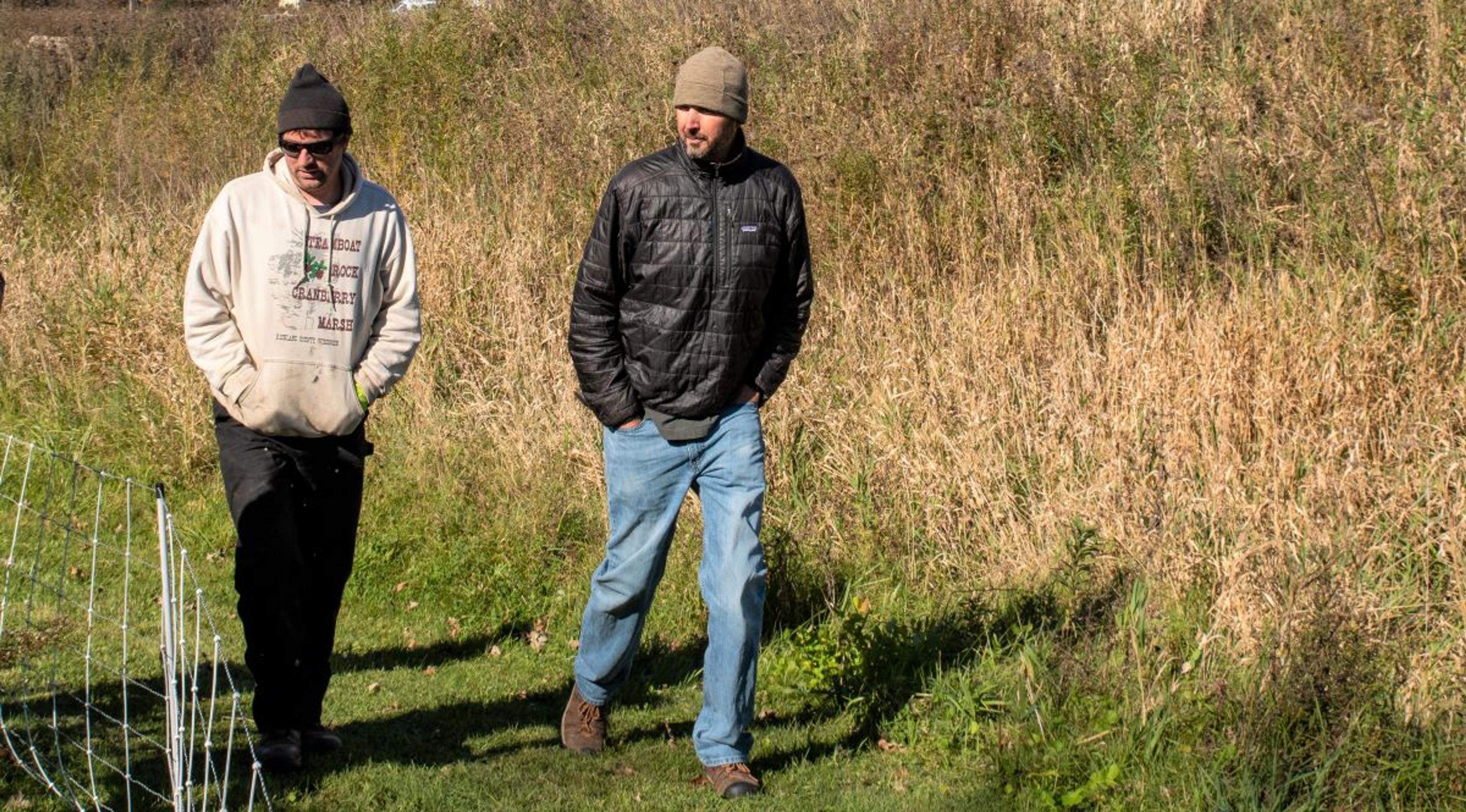
Ben Robel, left, and Jason Skoda check the fenceline at Organic Valley.
Should I Get Goats or a ‘Real Job?’
Robel graduated from college with a degree in wildlife biology and was supposed to get a “real job” but instead he decided to buy a couple of goats, he said. He purchased goats because his parents’ land needed clearing and it was a tough job physically. He knew goats were great foragers so he started the small, yet high-demand business.
His two goats became six, which became 20, and now there are about 300 goats in his herd. The goats have beautified everything from small cemeteries and county parks to a wastewater treatment plant in Milwaukee and ditches at O’Hare International Airport in Chicago.
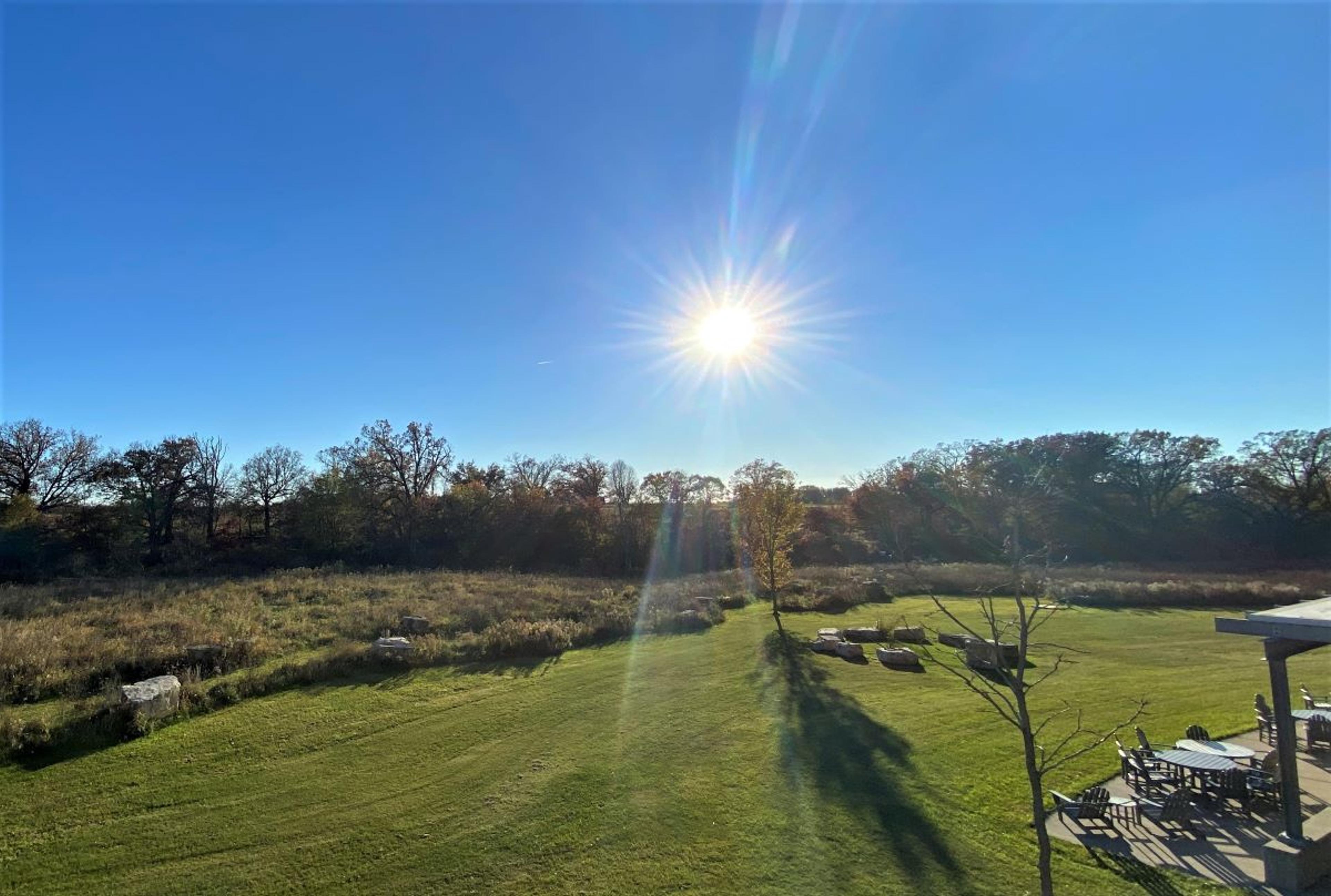
A prairie and oak stand are seen behind Organic Valley’s office building in southwest Wisconsin.
Oak Savannas are Endangered
Organic Valley is fortunate to have an oak savanna-type ecosystem in its backyard. Oak savannas were once one of the most common vegetation types in the Midwest but are now endangered, according to Savanna Oak Foundation. Intact oak savannas are one of the rarest plant communities on earth.
Savanna ecosystems suffered from clearing and plowing, overgrazing, or invasion by dense shrubs and tree growth due to lack of fire, lack of grazing, or both, according to the Wisconsin Department of Natural Resources.
Along with Vegetation Solutions, Organic Valley is working on habitat restoration with biologists from Pheasants Forever.
A mix of woodland flowers and native grasses will be planted in the savanna after the goats make three visits to Organic Valley. The area will later be burned to help eliminate invasive species that blow in from neighboring properties and to stimulate the growth of the flowers and grasses. The prairie will be grazed once and then buckwheat will be planted to control the weeds established there. Eventually, Organic Valley will plant prairie seed and grasses.
The goats are spending about 20 days at Organic Valley in the fall and will be back in the spring. Robel said not only do the goats and sheep provide a much-needed organic solution to landscapes but they also provide a smile. He said it is satisfying to see how happy they make people. Just ask Organic Valley employees—these goats are causing quite a buzz.
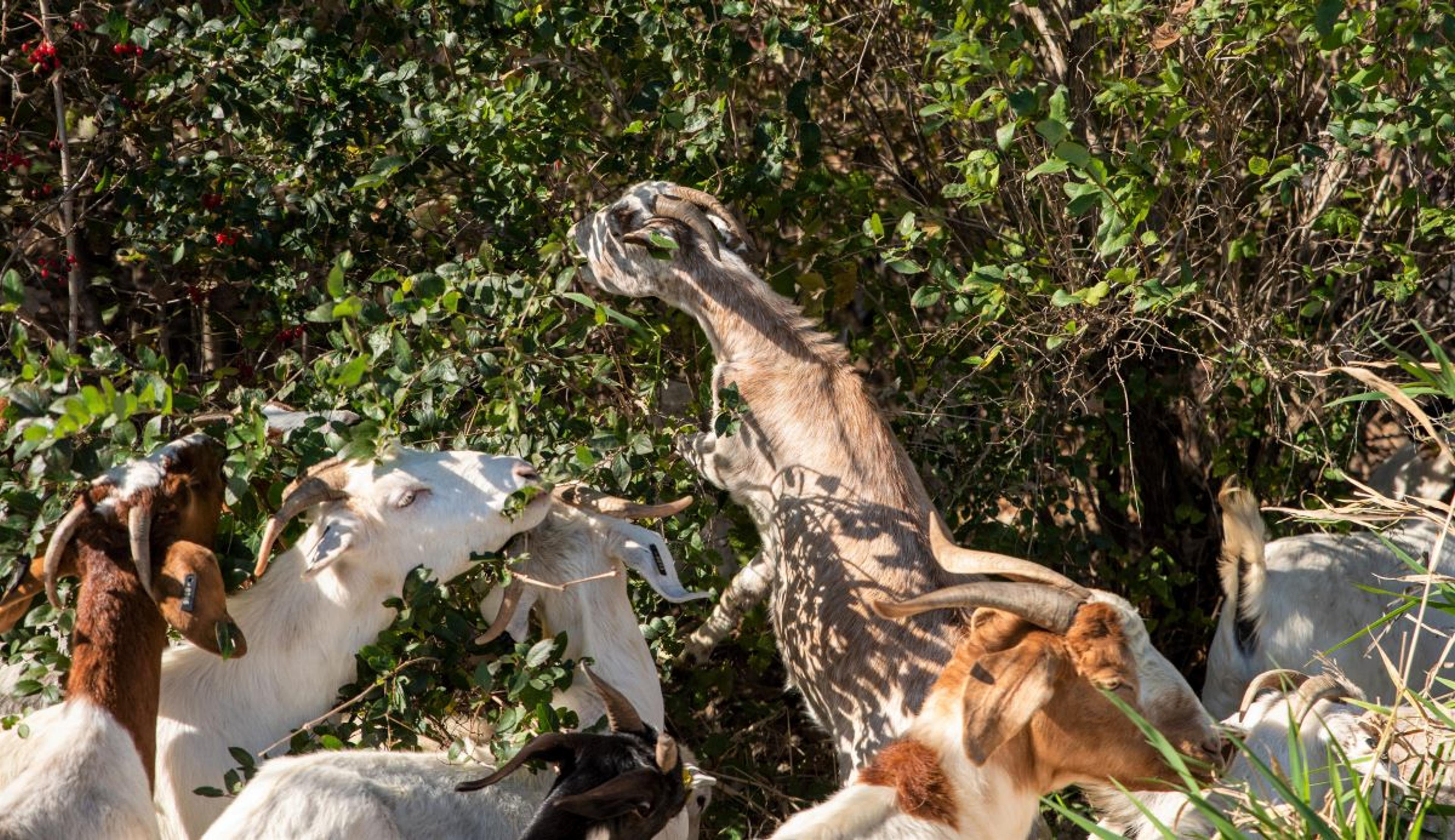
They have plenty of space but the goats stick together as they munch on greens.
An antique typewriter fanatic and chicken mom who treasures time outdoors admiring all that nature has to offer, Jennifer McBride is Rootstock’s editor. McBride spent 15-plus years as a journalist and newspaper editor before finding her niche with the nation’s leading organic dairy cooperative. Contact her at Rootstock@organicvalley.com.
Related Articles
- Tags:
- climate,
- environment,
- land stewardship & conservation,
- sustainable business














